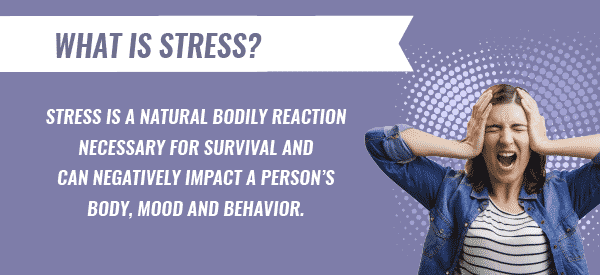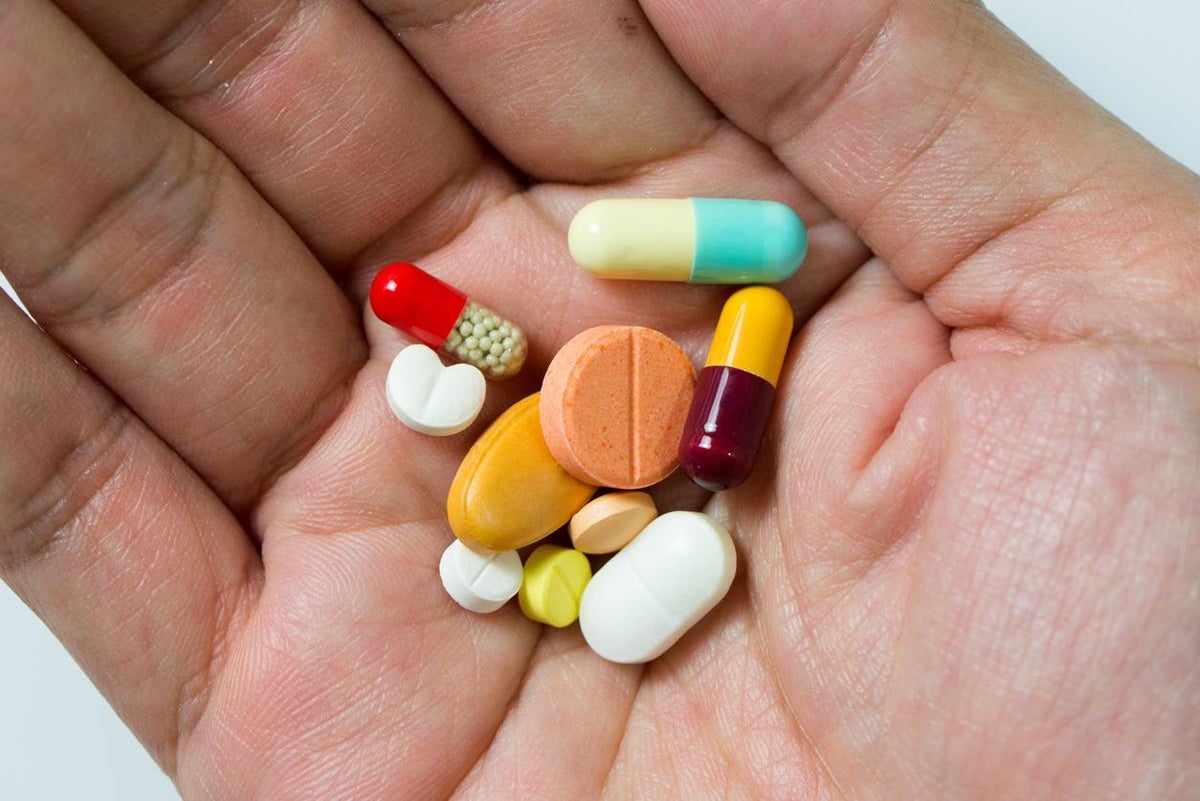Life can be tough. We all go through highs and lows, and sometimes it can feel like no matter how hard we try, things just don’t go our way. That’s where stress, anxiety, and depression come in. These mental health conditions can seriously affect your quality of life, and they don’t always require a lot of money or time to get treatment. In fact, 15Minutes4Me offers a variety of services that you can use to test for and treat these conditions. Take the first step today and let us help you get your life back on track.
What Is Stress?

Stress is a normal reaction to a challenging situation. It’s what helps us face danger and keep our minds focused. But too much stress can lead to problems like anxiety and depression. Here are three ways to test your stress levels:
1) Take the 10-Item Stress Inventory. This quiz measures how much stress you experience on a daily basis.
2) Use the Rosenberg Self-Esteem Scale. This questionnaire measures self-esteem in relation to personal achievements and feelings of competence vs. confidence.
3) Take the Beck Anxiety Inventory. This questionnaire measures anxiety levels on a scale from 0 (no anxiety) to 63 (severe anxiety).
Also Read: Best 11 Similar Websites Like Batoto.To and Alternatives
What Causes Stress?

1. According to the National Institute of Mental Health, stress can be caused by a number of things, such as work overload, relationship problems, financial concerns, health problems, or physical injuries.
2. Chronic stress can lead to an increased risk of developing mental health conditions such as anxiety and depression, which can affect your ability to function at home and in your professional life.
3. If you’re experiencing chronic stress levels, there are a few things you can do to help reduce your anxiety and improve your overall well-being. First, try participating in activities that make you feel good emotionally (like painting or writing), setting realistic goals for yourself, and taking time for yourself each day.
4. If those measures don’t seem to be working for you or if you need additional support, speak with your doctor about possible treatment options like medication or therapy.
Also Read: Top 8 Similar Websites Like Dbree.Co and Alternatives
How to Reduce Stress and Anxiety
![Four Core Strategies for Managing Stress and Anxiety [Infographic]](https://www.nicabm.com/wp-content/uploads/2020/02/NICABM-Four-Core-Strategies-for-Managing-Stress-and-Anxiety-Infographic.jpg)
There are many things that you can do to reduce stress and anxiety. Here are some tips:
1. Take care of yourself. Eat a healthy diet, get enough exercise, and get plenty of sleep.
2. Make time for yourself. Dedicate time each day to relax and enjoy your hobbies or interests.
3. Get organized. Clear out your desk, counters, and bookshelves to free up space for new ideas.
4. Practice self-compassion. Be kind to yourself when you fall short in any area of your life. Remember that everyone experiences stress and anxiety at some point in their life.
Also Read: AniMixPlay – Watch HD Anime for Free
How to Treat Depression with Medications

There are numerous medications available to treat depression, but it is important to consult with a doctor or therapist to find the best treatment for you. Common antidepressant medications include SSRIs (selective serotonin reuptake inhibitors), SNRIs (serotonin noradrenaline reuptake inhibitors), and MAOI (monoamine oxidase inhibitor).
Some people find that antidepressants work well for them right away, while others require a period of trial and error before finding the right medication. It is also important to be aware that not all antidepressants are created equal; some are more effective than others. It is also important to be aware of possible side effects associated with antidepressants, as they can be quite serious.
If you are considering taking antidepressants, it is important to talk to your doctor or therapist about your symptoms and any concerns you may have. There is no one-size-fits-all approach when it comes to treating depression, so be sure to explore all of your options before making a decision.
How to Reduce Depression without Medications
:max_bytes(150000):strip_icc()/beat-depression-without-prescription-drugs-1065079_final-e4906c11f3bf40e3ab33525b8d4c9811.png)
There are many ways to reduce depression without medications. You can try these simple tips to see if they help:
1) Make sure you get enough sleep. A lack of sleep can lead to a feeling of sadness and fatigue, both of which can worsen depression. Try to get at least seven hours of sleep each night.
2) Exercise. Exercise has been shown to improve mood and decrease anxiety levels. It also releases endorphins, which have Mood-boosting properties. Try hitting the gym three times a week or taking walks outside every day.
3) Eat healthy foods. A diet high in protein and fiber is beneficial for overall health and well-being, including reducing symptoms of depression. In addition, staying away from processed foods, sugar, and fatty foods will help regulate your moods as well.
4) Connect with others. Socializing helps keep our brains active and prevents feelings of loneliness or isolation from developing. Participate in group activities, go for walks with friends, or watch a movie with someone you care about.
Also Read: Revolver News – Transform a News story into official legislation paperwork
Conclusion
If you’re like most people, you spend a lot of time worrying, stressing, and feeling depressed. It’s probably been a while since you’ve taken the time to assess just how much stress is really affecting your life. In this 15-minute quiz, we’ll help you find out how stressed out you are and what can be done to start feeling better. If you’d like some additional resources on how to manage stress and anxiety, be sure to check out our blog posts on the topic!



